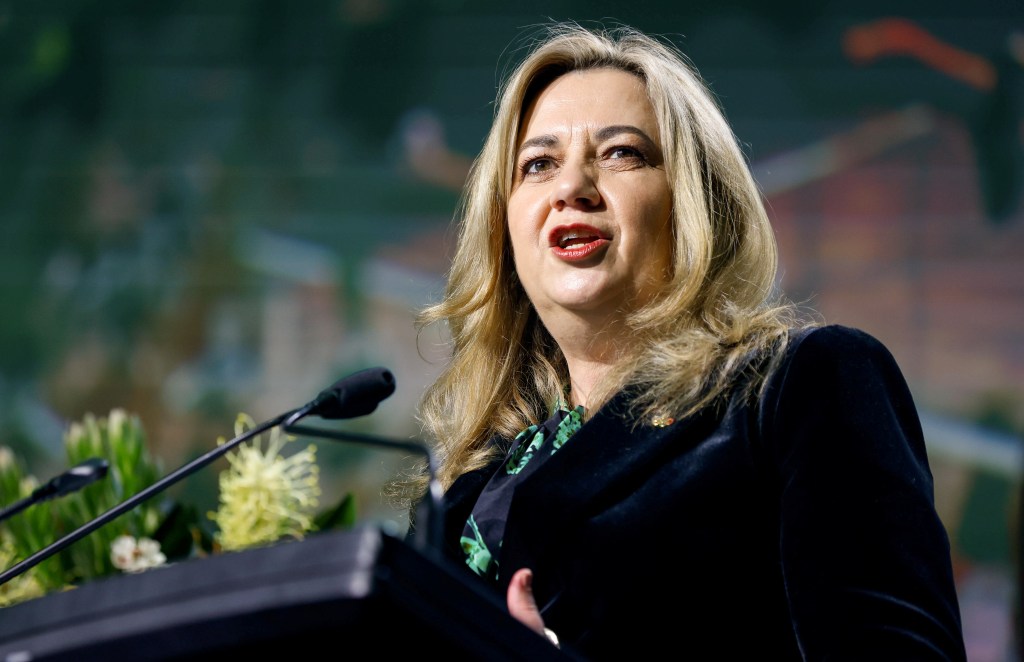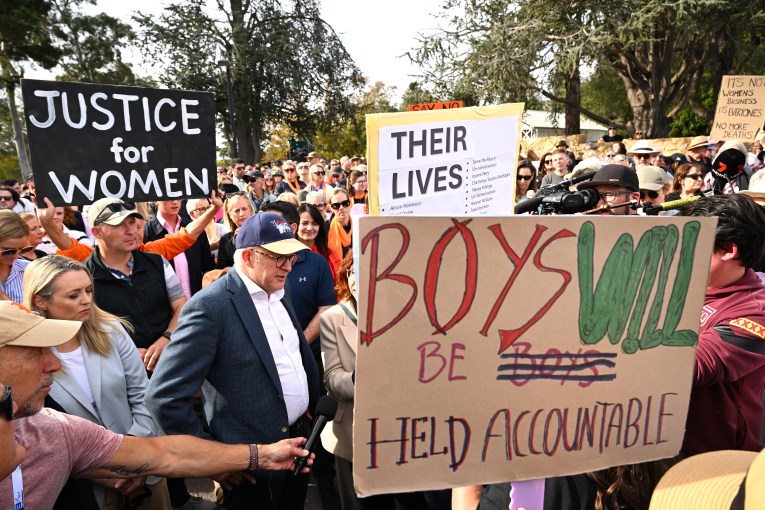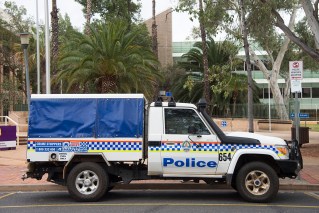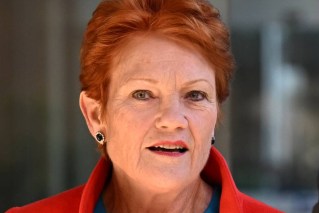A saga that had the good, the bad and the downright ugly, and it might not be over yet

Dennis Atkins has been watching the writing appear on Queensland’s political wall for almost six months. Here’s how he saw the weekend events come about and why the future might not be as predictable as some think.
No one framed a market on whether Annastacia Palaszczuk would bow out as Queensland’s Premier prior to next year’s election, but any set of odds would have been simple: Yes and daylight.
Forget first and second guessing. This was always a slam dunk and if there was any doubt, it evaporated after the closest of the pandemic premiers in Palaszczuk’s orbit, Western Australia leader Mark McGowan, surprised everyone on June 8 by announcing his immediate exit from the top job in Perth.
Palaszczuk and McGowan were the frontier premiers who didn’t just lead states similar in economic and social make up but also had like-minded instinctive views on handling COVID-19.
They were hard border types and both copped plenty of pushback from east coast businesses, hindsight-rich opinion makers in Sydney, Canberra and Melbourne, and many family members who suffered the often harsh impact of shutting people out or in.
They talked with each other more than any other leaders during the darker days of the pandemic and, in particular, Palaszczuk used McGowan as a sounding board when she was under pressure, especially from former prime minister Scott Morrison.
This was almost certainly when the seed for the weekend’s announcement was sown, and the reprise departure by Daniel Andrews in Victoria at the end of September added fertiliser to the growing doubts left to fester during her grumpy week in Naples a month before.
Palaszczuk might be at the end of 12 months of awful, rolling bad news in the polls for herself and her government, but anyone who has been premier as long as she has, and has defied the odds as often as she has, can be excused for believing she might just be able to reach into the toilet of political life and pull out another diamond.

Annastacia Palaszczuk has endorsed her deputy Steven Miles as Queensland’s next premier.
She is a tenacious politician. She has had more luck than Olympic speed skater Steven Bradbury. All the while, Palaszczuk has been blessed with a succession of hopeless and divided opponents (until now).
Queensland also has bountiful resources backing sufficient investment and capital works to keep voters relatively satisfied (until recently).
Palaszczuk didn’t have another act, as much as she might have hoped there might have been one.
She leaves office with a wall of champion achievement.
She is Australia’s longest-serving female premier – at nine years, a record which will last for some time – as well as being the most successful woman in elected politics, with four victories notched into her belt.
She has been a tireless promoter of women in the ALP caucus, her ministry, the bureaucracy and the wider public sector – including judiciary, emergency services, health and senior police ranks.
The government has gone a long way to reach its target of sourcing 50 per cent of energy needs from renewables while implementing a serious tax regime aimed at making the rapacious fossil fuel resources sector pay a fair share.
Next year’s state budget should build on the 2023-24 $12 billion surplus (itself expected to be revised up later this week in the mid-year economic statement) underpinning a vast capital spend and funding record public sector staffing.
It’s a happy place for any government to be – indeed the only state in better shape economically is WA.
However, this good news, widely shared, does not translate into polling support that comes anywhere near enough for confidence Labor could be returned if an election were held next weekend.
Labor, under any leader, faces strong cross currents – serious, persistent youth crime, under-resourced and under-performing health services (especially hospitals) and a housing crisis that snakes through suburbs and regions, from the top to the bottom of the social strata.
Now Palaszczuk is leaving not just the premier’s office but her outer south-western Brisbane seat of Inala, with the ALP expected to defend the electorate at a byelection in late January.
With an ALP primary vote of 67 per cent and the next two parties – the LNP and the Greens – south of 25 points, it looks like the easiest outcome to pick for the year. Labor will lose some of its luxurious buffer but should stay well above 50 per cent on a preferred vote basis.
The candidate could be more contested than the vote. Palaszczuk’s deputy chief of staff Jon Persley is favoured but there could be a challenge from local branch activist Nayda Hernandez, which might make things interesting.
Palalszczuk’s successor as premier is most probably going to be her deputy Steven Miles, who will be assuming the main duties of the premier until the party meets on Friday – giving him a pulpit from which to show what he’s got.
With the backing of big unions and a strong number of MPs, Miles is a clear favourite.
He will have declared opposition from Health Minister Shannon Fentiman and Treasurer Cameron Dick, but these hopefuls are not certain to still be standing come the end of the week.
When Victorian Premier Andrews announced his departure there was an assumption his deputy Jacinta Allan would get the job unopposed. A week of intrigue led to various MPs volunteering including ministers Lily D’Ambrosio, Ben Carroll and Anthony Carbines.
This confusion looked like becoming very untidy but by the time the ballot was called the only nominees were Allan for premier and Carroll for the deputy’s spot.
Bet on a similar outcome here this week.
After all, Queensland state Labor has not had a ballot for parliamentary leader since Keith Wright (later convicted of child sex crimes) defeated Mackay-based old school MP Ed Casey.
While the new conventional wisdom has it that David Crisafulli is the big winner from these events, caution might be advised.
Almost 20 years ago New South Wales Labor replaced a popular leader, Bob Carr, with the pedestrian Morris Iemma.
Iemma came to office after 11 years of Labor rule and a year or so later faced the voters having turned around a polling deficit.
For a fascinating inside story of how fortunes turn and the unexpected becomes the new normal, read David Clune’s insightful account, published by the NSW Parliamentary Library.








